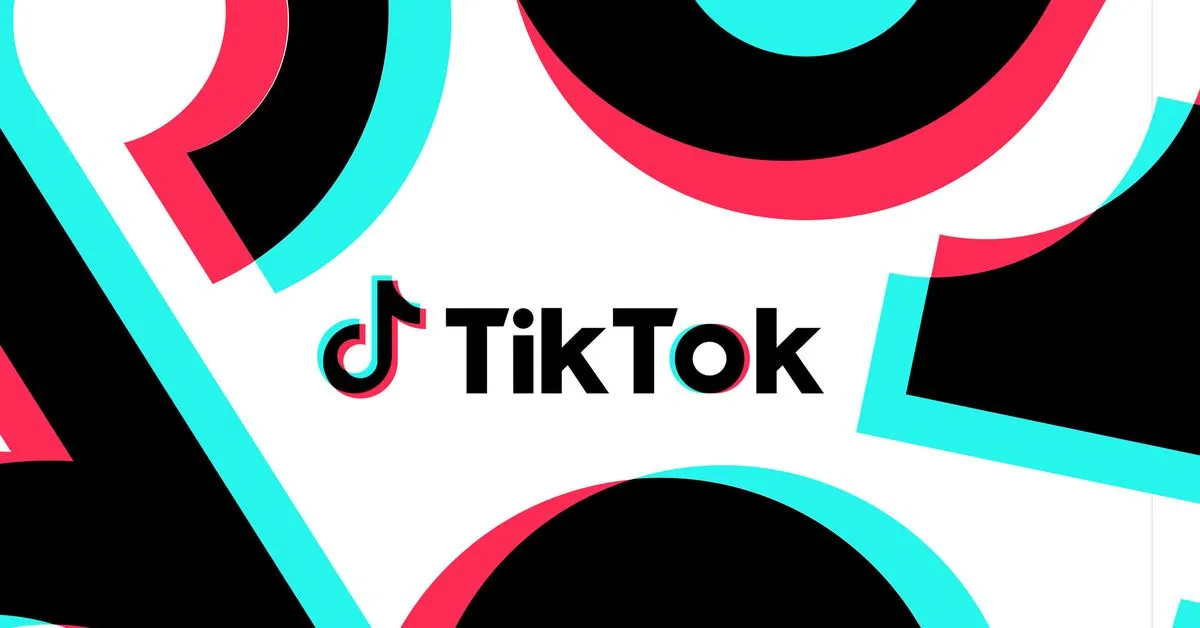It’s a significant data point on the potential limits of Section 230.
TikTok’s algorithmic recommendations on the For You Page (FYP) constitute the platform’s own speech, according to the Third Circuit court of appeals. That means it’s something TikTok can be held accountable for in court. Tech platforms are typically protected by a legal shield known as Section 230, which prevents them from being sued over their users’ posts, and a lower court had initially dismissed the suit on those grounds.
Yeah, general algorithmic sorting being protected to an extent I can see (even though basically all social media absolutely do harm with how they handle general feeds), but “for you” implies, to the user, curation, and I think they should be responsible for algorithmic curation.
Of course, it is. Going to a search, typing a query and getting results sorted by some algorithm is one thing. Getting something recommended on a dedicated page without any user input, is another. It’s good to see at least one circuit is not owned by corporations…
It’s all algorithms.
I think the communication matters, though. A general home page doesn’t imply curation or endorsement. “For you” implies both.
That depends on what the general page is. If they are general trends that are shown to everyone then sure, but if it’s personalized, then it’s curation. Look at Lemmy. It has sorting and trending algorithms, but the personalization aspect is left to you as a user to decide by subscribing.
Actual curation is human. It’s not actually curated.
It’s the implication that it’s curated that makes it “their speech” and not “user generated content”. They’re endorsing it with the way they present it, and that implied endorsement of dangerous behavior meaningfully increases the likelihood people do it, above and beyond the natural viral nature of ideas spreading.



